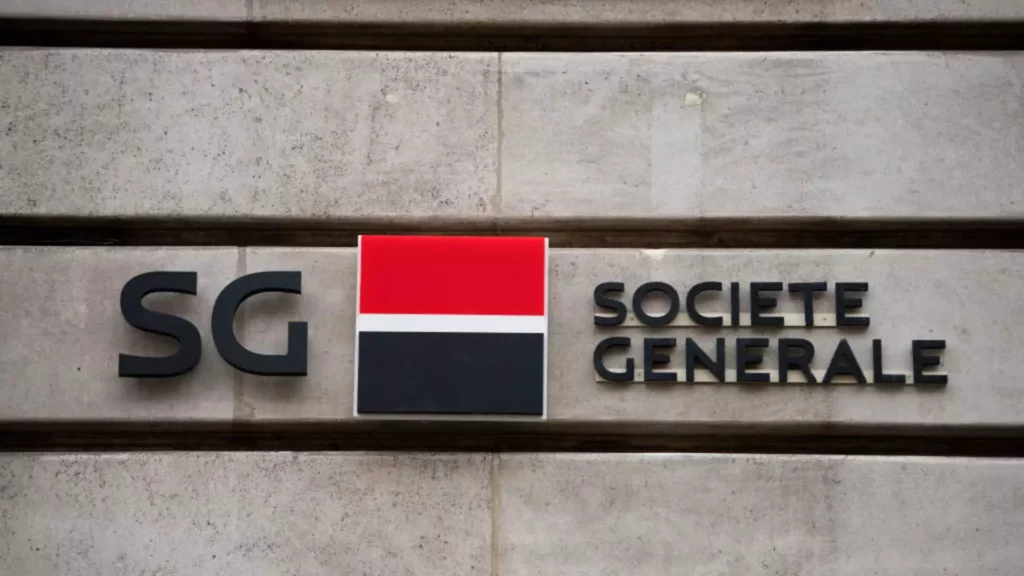![]()
It is not uncommon for companies to look for scapegoats when things go wrong, and the case of Kavish Kataria at Societe Generale is a perfect example. While Kataria was fired for unauthorized risky bets, he has criticized the French bank for shifting the blame on him rather than taking its share of responsibility for the missed trades. According to Kataria, the profits and losses on his trades were regularly reported to his superiors, both in the Hong Kong team and the Paris head office. Additionally, he mentioned that daily emails about the transactions were also sent out. Despite this level of oversight, Societe Generale chose to terminate Kataria’s contract instead of addressing the shortcomings in their risk system.
The dismissal of Kavish Kataria and his team head, Kevin Ng, following an internal review of their transactions raises concerns about Societe Generale’s lack of accountability. While the French bank claimed that their control framework allowed them to identify a one-off trading incident in 2023, it is clear that the responsibility for the oversight should not solely fall on the traders. Even though Societe Generale did not incur any losses from the trades, the potential risk involved in the unauthorized trades could have resulted in significant financial losses had there been a market downturn. This lack of proper risk management and oversight raises questions about the bank’s commitment to ensuring transparency and accountability in its trading activities.
Kavish Kataria’s perspective on his dismissal sheds light on the challenges faced by traders in the banking industry. Despite claiming to have generated significant profits for the bank’s Delta One desk during his tenure, Kataria was dismissed with only seven days’ salary and his bonus for the previous year withheld. He criticized the lack of rules and regulations that protect traders and ensure fairness in their treatment. Kataria’s case highlights the need for better regulations and accountability in the trading industry to protect traders from being unfairly targeted in situations where responsibility should be shared among multiple parties.
The issue surrounding Kavish Kataria’s dismissal underscores the importance of effective risk management and regulatory oversight in the banking sector. Societe Generale, a bank that has had its fair share of scandals in the past, should prioritize risk management to prevent future incidents of unauthorized trading. The case of Jerome Kerviel, the “rogue trader” who caused significant losses for the bank in 2008, serves as a reminder of the consequences of inadequate risk controls. By reporting a lower-than-expected net income in the first quarter of the year, Societe Generale may face continued scrutiny over its risk management practices and the need for better internal controls to prevent future trading incidents.
The dismissal of Kavish Kataria from Societe Generale raises important questions about accountability, transparency, and risk management in the banking industry. Companies like Societe Generale must take responsibility for their oversights and not simply rely on scapegoating individual traders when things go wrong. It is crucial for regulators and industry stakeholders to address the gaps in risk management and oversight to prevent future incidents of unauthorized trading and protect the interests of traders and investors alike.

Leave a Reply